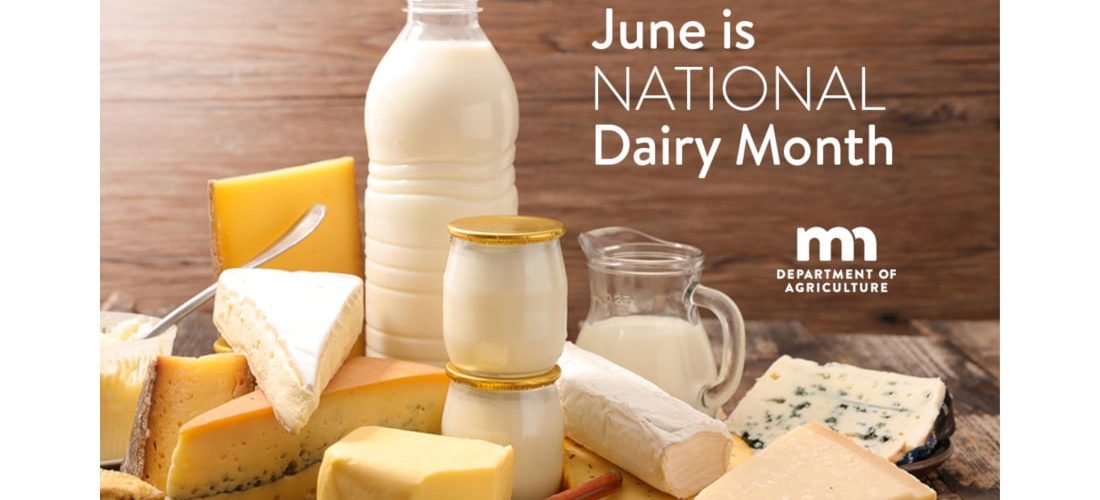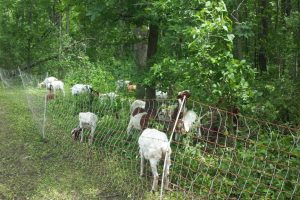“I’m honored to recognize these 114 dairies for their high level of excellence,” said Commissioner Petersen. “Minnesota’s dairy farmers help feed the state and the world with high quality, wholesome dairy products.”
Although somatic cells occur naturally and are not a food safety concern, dairy farmers monitor them because they can be used as a measure of the health of their cows. Processors also pay a premium for milk with low counts. A farmer whose herd has a very low count can receive a higher price per hundredweight compared to a farmer whose herd average is high.
The Minnesota Department of Agriculture and University of Minnesota dairy experts have worked with the state’s dairy farmers to lower somatic cell counts. When the initiative began in 2003, the 100 herds honored that year included those with SCC averages as high as 144,000, compared to the current goal of obtaining a SCC under 100,000.
The SCC list of Minnesota dairy farms is online at the Minnesota Department of Agriculture website: http://www.mda.state.mn.us/lowscc






